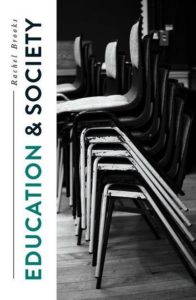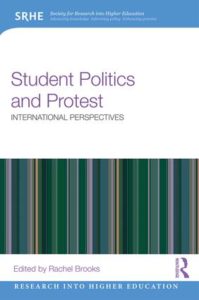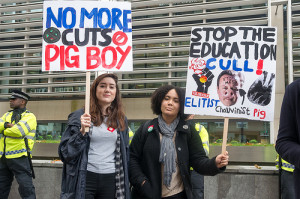A new article from the Eurostudents project has just been published in the British Educational Research Journal. Drawing on data from students, higher education staff and policymakers from six European countries, we argue that it remains a relatively common assumption that students should be politically engaged. However, while students articulated a strong interest in a wide range of political issues, those working in higher education and influencing higher education policy tended to believe that students were considerably less politically active than their predecessors. Moreover, while staff and policy influencers typically conceived of political engagement in terms of collective action, articulated through common reference to the absence of a ‘student movement’ or unified student voice, students’ narratives tended not to valorise ‘student movements’ in the same way and many categorised as ‘political’ action they had taken alone and/or with a small number of other students. Alongside these broad commonalities across Europe, the article also evidences some key differences between nation‐states, institutions and disciplines. In this way, it contributes to the comparative literature on young people’s political engagement specifically, as well as wider debates about the ways in which higher education students are understood.
You can read the full article here (open access).


 following chapters:
following chapters: Student Politics and Protest: International Perspectives
Student Politics and Protest: International Perspectives I have recently sent off the final manuscript for Student Politics and Protest: International Perspectives, which will be published in the
I have recently sent off the final manuscript for Student Politics and Protest: International Perspectives, which will be published in the